Legacy Stories
Charles Hourihan
Charlie Hourihan played defensive back at the College of the Holy Cross before becoming a wonderful husband and father to two beautiful boys. Later in life, he had trouble with memory and showed a decline in cognitive ability. Hourihan passed away in February 2021 at age 63. His family later donated his brain to the UNITE Brain Bank where researchers diagnosed him with stage 4 (of 4) CTE. Below, his wife Michelle shares her husband’s story in remembrance of his Legacy and in the hope of helping others.
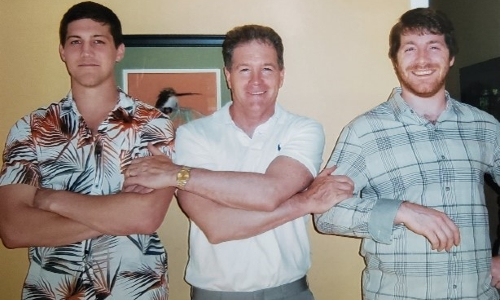
By Michelle Hourihan
My husband Charlie began playing football at 11 years old in the youth football league in Boston. He then went on to play running back and become co-captain of his high school football team at Catholic Memorial in West Roxbury, MA.
Charlie continued his education at the College of the Holy Cross in Worcester on a full football scholarship. He played defensive back there and was on special teams. He received a terrible concussion at one of the away games and was hospitalized for three days. I would like to think these days he would be told not to play anymore. Back then they had him come back and play. Charlie was very aware of the high cost of college. He was not going to give up his scholarship.
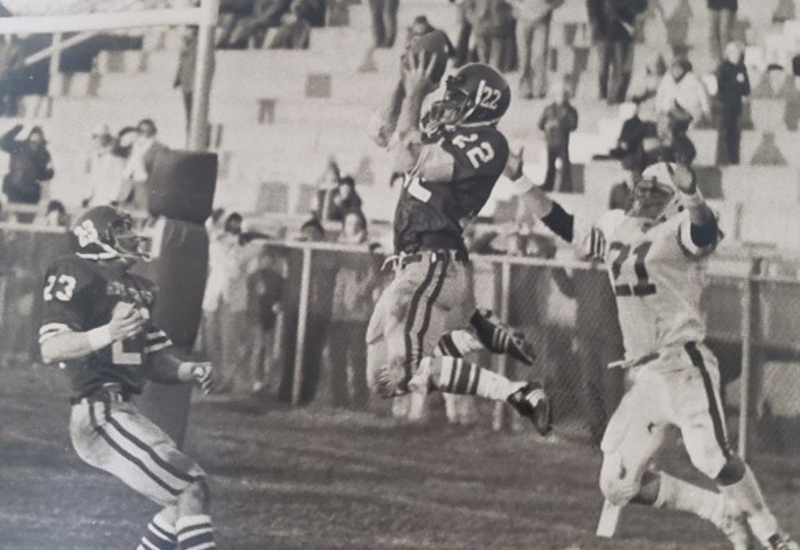
Charlie and I married in 1990 just as he turned 33 and I was 24. I thought everything about him was so special. His smile always made my heart melt.
We soon had two sons and he was such a wonderful father and husband. I couldn’t have wished for more. I was so grateful.
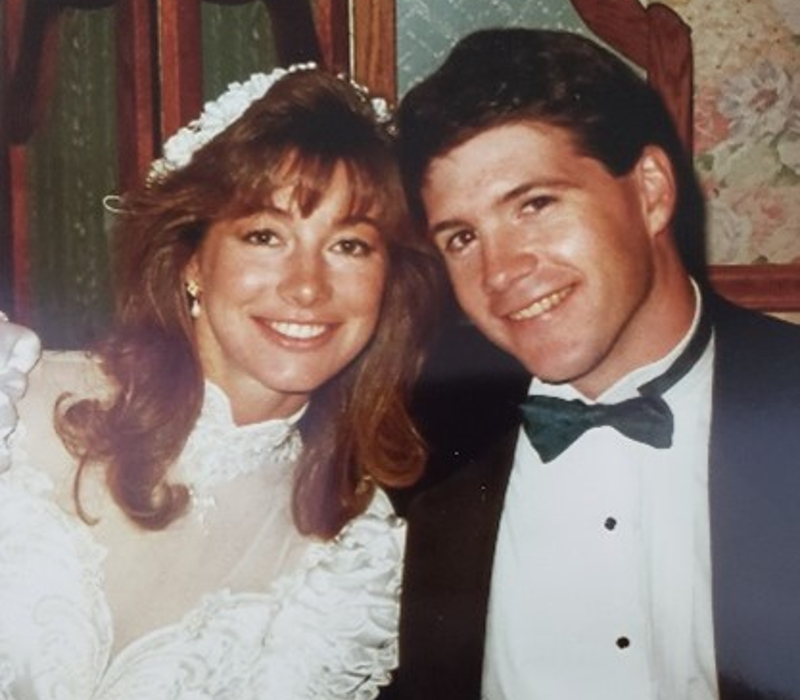
Charlie had moments over the following years that began to give me pause. Forgetting things not long after we had discussed them. Seeming to struggle a bit with work. Charlie had always excelled at work. Things were beginning to feel “off.”
It was at the end of 2014 Charlie had his first major panic attack (that I was aware of and witnessed). He told me everything was becoming hard, too complicated. He questioned his ability to work at the level he was used to. Charlie took so much pride in caring for his family. He was feeling devastated. My usually calm, loving husband was beside himself with anxiety and grief.
We began seeing a neurologist at Massachusetts General Hospital. A PET scan and several cognitive tests told us something was definitely wrong. He had mild cognitive impairment. The likelihood was that it would get worse with time.
Charlie was devastated by the news. We decided to try to manage it as well as possible and to focus on moving forward the best we could.
Charlie stayed and fought until February of 2021.
We spent the years in between seeing his neurologist regularly. Using antidepressants and Donepezil and other medicines and treatments that seemed to help a bit, each in their own way. Charlie took speech therapy and mindfulness classes. He did everything the professionals at Mass General suggested. He gave his best each day.
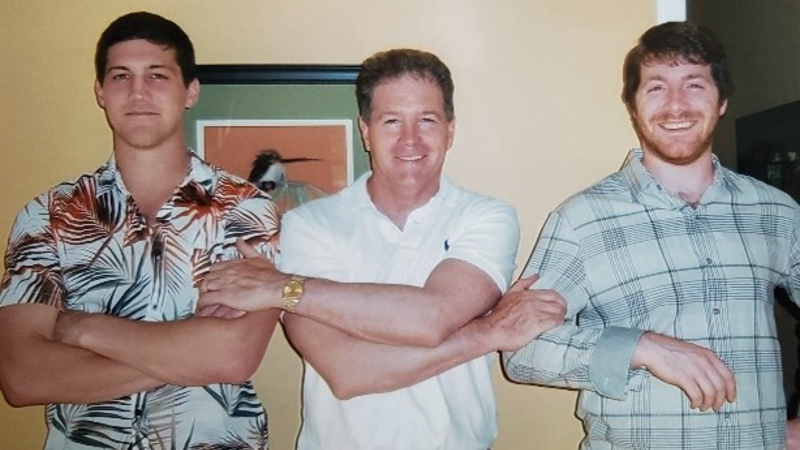
Charlie was always kind and loving. My sons and I were very fortunate that anger, paranoia, or violence were not part of our story. Amongst the medicine and treatments, we added many more wonderful memories; from traveling, to walks in the park, to simple meals together. We knew our time together was special. We knew the clock was ticking…
Charlie passed away on February 23, 2021. He was 63 years old. I miss him so much.
My son and daughter-in-law remembered we had all discussed donating Charlie’s brain to the Boston University CTE Center. They made the phone calls the day Charlie passed, and the organization responded with respect and immediacy. Charlie was found to have stage 4 CTE. He was also in stage 2 TDP-43 Encephalopathy (a dementia similar to Alzheimer’s Disease in presentation).
We are grateful to them and the Concussion Legacy Foundation for providing answers and support. We also appreciate that they continue their important work with purpose and determination to help others.
You May Also Like
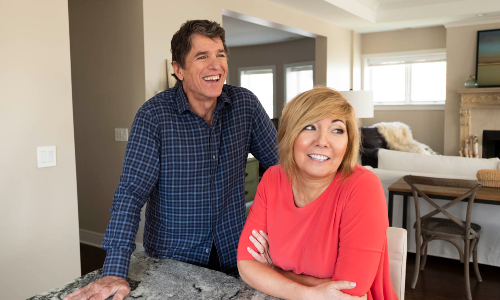
Living with suspected CTE can be difficult, but CTE is not a death sentence and it is important to maintain hope. Find out how.
Living with CTE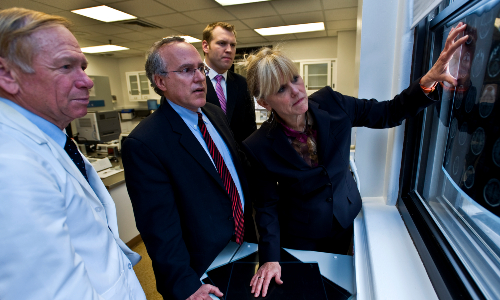
Although we cannot yet accurately diagnose CTE in living people, a specialist can help treat the symptoms presenting the most challenges.
CTE Treatments